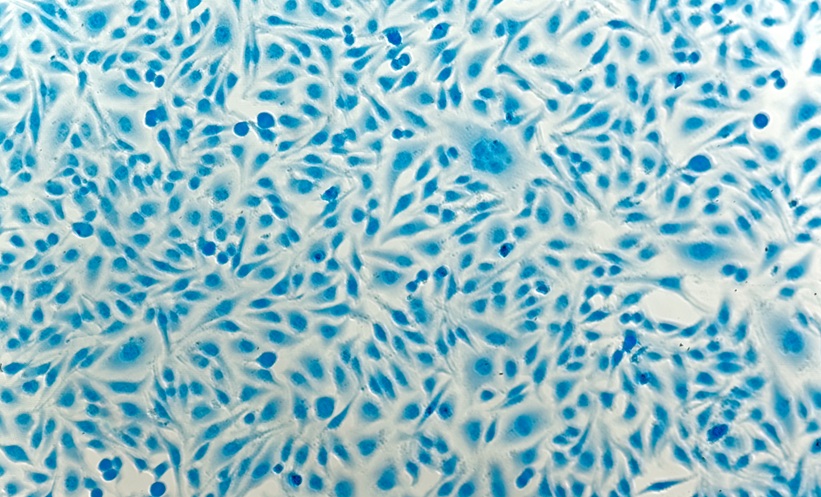The publication of this content was sponsored by Bayer Consumer Care AG.
Intended for healthcare professionals. The views expressed are those of the named speakers.
Vasomotor symptoms (VMS) can significantly affect the quality of life for women with breast cancer receiving adjuvant endocrine therapy, yet treatment options remain limited.1-3
As healthcare professionals, addressing these persistent symptoms is an important part of delivering truly patient-centred care.
New data from the OASIS-4 trial, highlighting the efficacy and safety of elinzanetant for vasomotor symptoms associated with adjuvant endocrine therapy were recently delivered as an oral presentation at ASCO 2025 and are now published.⁴
Key Takeaways:
- OASIS-4 is the first pivotal randomised, placebo-controlled, Phase III trial of elinzanetant in women suffering from disruptive menopause symptoms caused by their adjuvant endocrine therapy for breast cancer4,5
- Elinzanetant provided significant improvements in VMS frequency,† sleep disturbances,‡ and menopause-related quality of life,‡ showed greater reductions in VMS severity,§ and had a favourable safety and tolerability profile in this patient population4
†Primary endpoint; ‡Key secondary endpoint; §Additional secondary endpoint;
VMS: vasomotor symptoms
In this video, Fatima Cardoso, the lead investigator, provides an overview of the study findings and their potential clinical implications.
This dedicated segment is now available to watch online and offers valuable context to complement the published data.
Speaker:
Fatima Cardoso
Senior Consultant, Medical Oncology, President, ABC Global Alliance, Lisbon, Portugal
Elinzanetant is the first dual neurokinin 1 and 3 (NK1, 3) receptor antagonist, in late-stage clinical development for the non-hormonal treatment of moderate-to-severe VMS associated with menopause or caused by adjuvant endocrine therapy, administered orally once daily. It is thought that by targeting NK1 and NK3 receptors, which can be found centrally in the hypothalamus, and NK1 receptors peripherally in the skin, elinzanetant helps bring balance back to temperature regulation and additionally sleep disturbances2,4,6
References
- “The 2023 Nonhormone Therapy Position Statement of The North American Menopause Society” Advisory Panel. The 2023 nonhormone therapy position statement of The North American Menopause Society. Menopause 2023;30(6):573–90.
- Simon JA et al. Efficacy and safety of elinzanetant, a selective neurokinin-1,3 receptor antagonist for vasomotor symptoms: a dose-finding clinical trial (SWITCH-1). Menopause 2023;30(3):239–46.
- Kingsberg S et al. Treatment utilization and non-drug interventions for vasomotor symptoms in breast cancer survivors taking endocrine therapy: Real-world findings from the United States and Europe. Maturitas 2024;188:108071.
- Cardoso F et al. Elinzanetant for Vasomotor Symptoms from Endocrine Therapy for Breast Cancer. N Engl J Med. 2025;DOI:10.1056/NEJMoa2415566 (including supplementary appendix).
- Bayer. Elinzanetant Meets All Primary and Secondary Endpoints in Phase III Study OASIS 4 for the Treatment of Moderate to Severe Vasomotor Symptoms Caused by Breast Cancer. 2025. Available at: https://www.bayer.com/media/en-us/elinzanetant-meets-all-primary-and-secondary-endpoints-in-phase-iii-study-oasis-4-for-treatment-of-moderate-to-severe-vasomotor-symptoms-caused-by-breast-cancer-treatments/. Last accessed: 30 May 2025.
- Pinkerton JAV et al. Elinzanetant for the Treatment of Vasomotor Symptoms Associated With Menopause OASIS 1 and 2 Randomized Clinical Trials. JAMA. 2024;332(16):1343-54.
This information is intended for healthcare professionals only. For Educational purposes only.
MA-LNK-ALL-0004-1 July 2025







